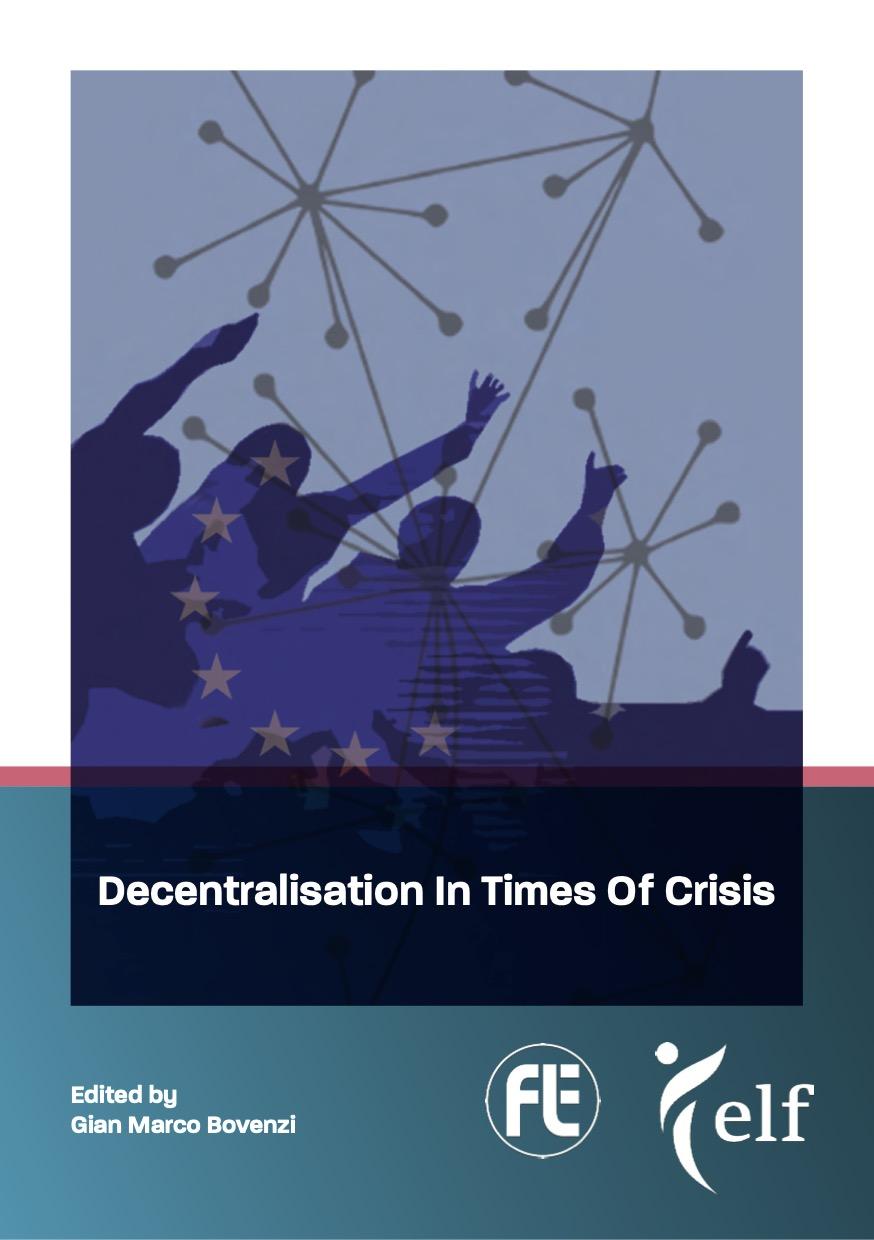ISBN 978-2-39067-019-3
The recent COVID-19 pandemic returned to center stage the debate about intergovernmental relations, within as well as across European countries. On the one hand, the management of the health and economic crisis has shown the importance of a unitary direction and coordination of public policies by central government, including the supranational one of Brussels; on the other hand, the variation of local situations and needs, and of information available only locally, have called for a differentiation in the responses of local governments at various levels (e.g., EU member states, regions, provinces, municipalities, counties). The tensions, and in some cases, conflicts that emerged during the pandemic, especially when the central government was run by political majorities different from the one at local level, risk to increase with the end of the pandemic, undermining the advantages of decentralisation (and not just for the health sector). The rediscovered centrality of intergovernmental relations created by the COVID-19 pandemic is therefore at the origin of a renewed debate about centralisation and decentralisation in situations of emergency


